Hi ,
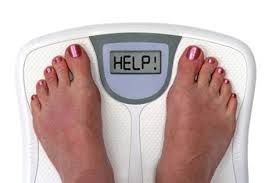 Last week I discussed the three basic types of weight loss diets – low calorie, low fat, and low carb, and how the most effective diet is to combine all three. I also discussed how hormones control weight – particularly insulin. This means we want to keep insulin levels as low as possible as much as possible.
Last week I discussed the three basic types of weight loss diets – low calorie, low fat, and low carb, and how the most effective diet is to combine all three. I also discussed how hormones control weight – particularly insulin. This means we want to keep insulin levels as low as possible as much as possible.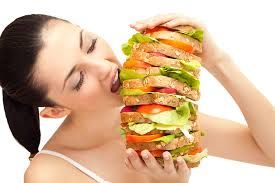 carbs are never a good idea in the morning unless your goal is to sleep all day. Your body peaks its cortisol levels in the morning, which makes it more reactive to carbs and insulin release. Your body’s best time for digesting proteins is in the early afternoon, so this is when you want to have your main protein meal. Protein also helps keep you alert and awake. Proteins and carbs do not digest well together so it is best to eat them at separate meals. Your body wants any carbs you eat only in the evening. They help you go to sleep.
carbs are never a good idea in the morning unless your goal is to sleep all day. Your body peaks its cortisol levels in the morning, which makes it more reactive to carbs and insulin release. Your body’s best time for digesting proteins is in the early afternoon, so this is when you want to have your main protein meal. Protein also helps keep you alert and awake. Proteins and carbs do not digest well together so it is best to eat them at separate meals. Your body wants any carbs you eat only in the evening. They help you go to sleep. Unless you are extremely carb tolerant it is important to eat carbs only one time per day, otherwise your insulin regulation gets thrown off kilter. Generally the extremely carb tolerant folks are those people that have trouble putting on weight. They eat all day long and never gain an ounce.
As a species we were not designed to eat easily digested carbohydrates – they make us fat. We are actually designed to develop metabolic syndrome (prediabetes) when we have simple carbs available to us. We used this to help us gain weight in preparation for the winter as the only time a hunter-gatherer ever had an abundant source of simple carbs was in the late summer and early fall when the fruit trees were ripe. When we converted to an agrarian lifestyle where we planted our own food sources, we introduced lots of grains into the human diet – something that had rarely ever been there before. Over 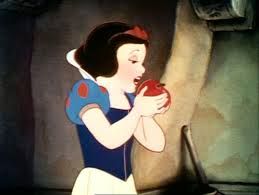 the last 10,000 years some of us have genetically adapted to this change and others have not. That is why some of us are carbohydrate tolerant and can eat lots of carbs and others of us are not and can not eat much if any simple carbs.
the last 10,000 years some of us have genetically adapted to this change and others have not. That is why some of us are carbohydrate tolerant and can eat lots of carbs and others of us are not and can not eat much if any simple carbs.
The biggest and nastiest carb source in the American diet is sucrose – table sugar. This is completely new to the human species as a food source as it was only introduced to the average person in the last 150 years. Before that it was more like a rare spice reserved for the very rich (hence their tendency to develop gout). Table sugar (and the fructose it contains) is toxic to the human body. The liver can only tolerate one ounce a day. Beyond that it hits the liver the exact same way alcohol does. It becomes a fat that attacks the liver and pumps up insulin quickly forcing weight gain. Our sugar consumption has gotten so out of hand in this country that we are now seeing preteens developing fatty liver disease – something previously reserved for old alcoholics. For you health nuts that never eat sugar, guess again – eating more than one piece of 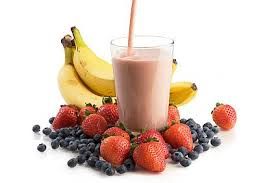 fruit a day loads us up with this same sugar. So stay away from those “healthy” fruit smoothies and juice machines – and granola filled with dried fruits – pure sugar. Reality is such a buzz kill.
fruit a day loads us up with this same sugar. So stay away from those “healthy” fruit smoothies and juice machines – and granola filled with dried fruits – pure sugar. Reality is such a buzz kill.
As you are probably gathering, there is one big question we need to figure out to find the perfect healthy diet for ourselves – how carb tolerant are we? Blood testing can give us a clue. If you are eating a carb rich diet and your hemoglobin A1c levels are 3 to 4.5 you may be fairly carb tolerant – the higher you A1c level is the less you can tolerate carbs. We also want to look at your fasting insulin levels and they also want to be between 3 to 4.5 and your fasting sugar levels. If fasting sugar is down around 70 you are in good shape. If it is pushing 85 to 90 you are not very carb tolerant and if you are over 90 you should be avoiding carbs all together.
Notice I am saying probably with the above values. That is because some people will have good values when fasting, but their carb intolerance only shows up as a reaction to eating carbs. Some folks turn carbs into sugar really fast because of their digestive enzymes and the particular gut bacteria they have. Their blood sugar spikes very high after eating, which triggers reactive spikes in their insulin 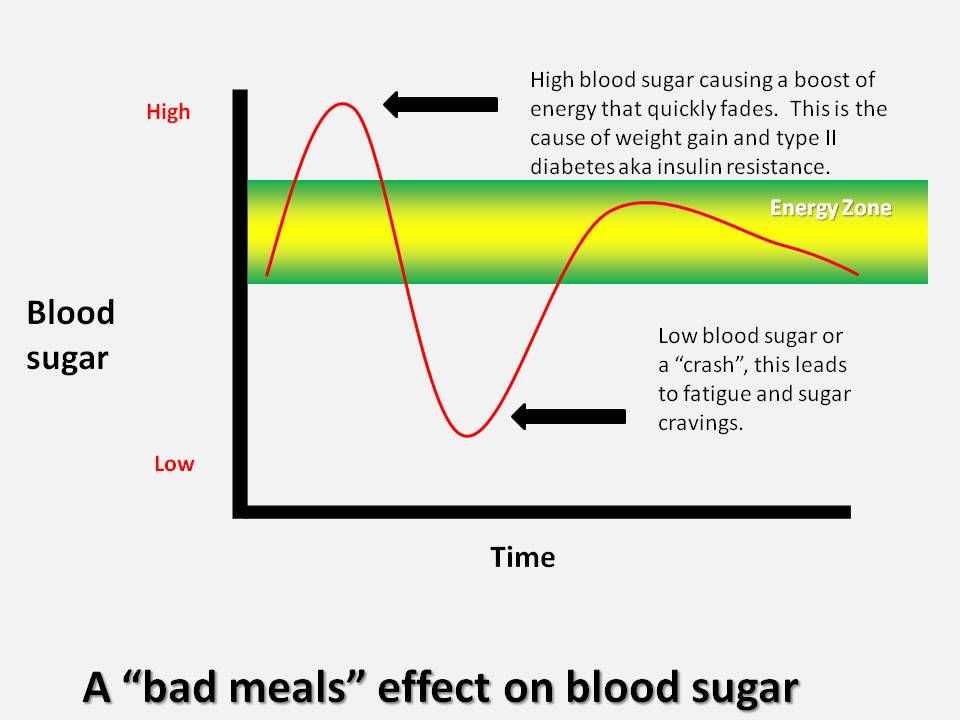 levels. These spikes are just as dangerous as the calmed down fasting levels being high. We test these people with food challenges and test their blood sugar 15, 30, and 60 minutes after they eat.
levels. These spikes are just as dangerous as the calmed down fasting levels being high. We test these people with food challenges and test their blood sugar 15, 30, and 60 minutes after they eat.
A third important point is that the weight a lot of people carry is not fat, but water. The body holds on to excess water as a reaction to inflammation, hormones, stress, allergy/food sensitivity, and carbohydrate consumption. Just eating a carb-based diet will cause you to retain 3 to 7 pounds of water. So if all you need to do is drop a few pounds for the upcoming party, simply cut out the carbs and you will dump several pounds in a couple days. Physiologically your body can only lose a max of ½ pound of fat weight a day. So any diet that produces dramatic weight loss is really causing water loss, not fat.
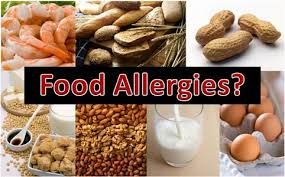
When I eat something I am allergic to I can gain 3 pounds of weight overnight. If I keep eating it, the weight keeps piling on. This is caused by the action of stress hormones. Allergies are a stress to the body. Other forms of stress can also trigger this reaction and cause water weight gain. Stress will also trigger fat weight gain in about half the people due to their genes. Some people store weight when stressed. Their body figures stress means a time of famine is coming so they need to save for a rainy day. Other people lose weight in response to stress as their bodies are wired to believe stress means they are being chased by a predator. Losing weight means they can run faster and get away. So genetically programmed responses to stress play into weight gain and loss.
Inflammation as a trigger for weight gain is a whole 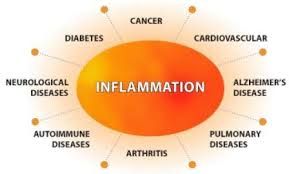 newsletter to itself so I won’t go into it here. Likewise the psychology of eating and using food as a drug to manage emotions or as an outright addiction is also beyond the scope of this newsletter.
newsletter to itself so I won’t go into it here. Likewise the psychology of eating and using food as a drug to manage emotions or as an outright addiction is also beyond the scope of this newsletter.
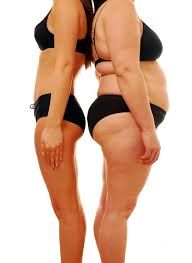
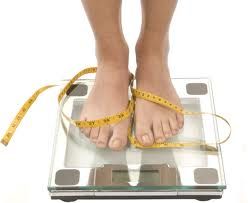

Hopefully this letter gives you some things to look at and play with in your self-discovery process.
Take care,
David